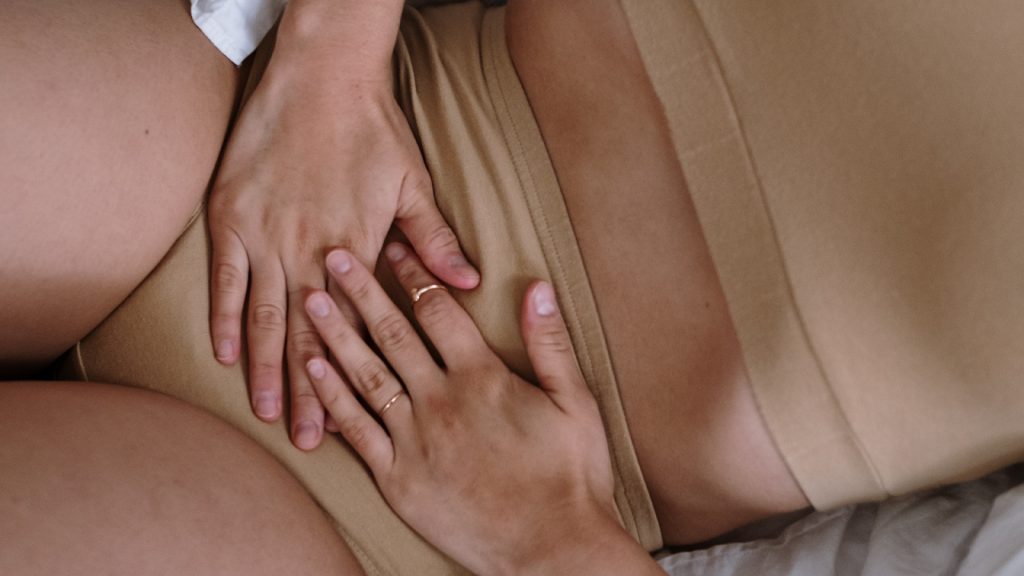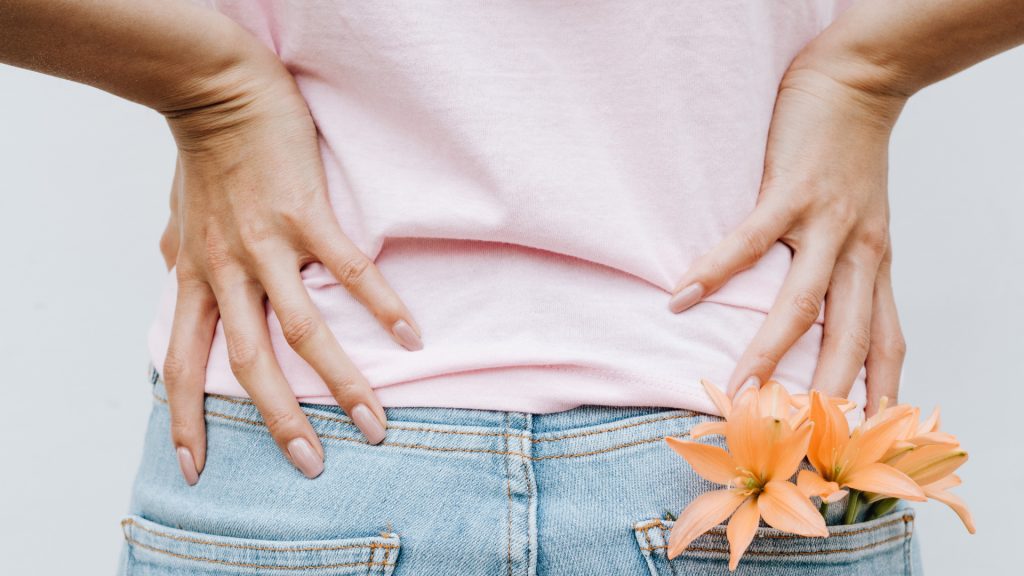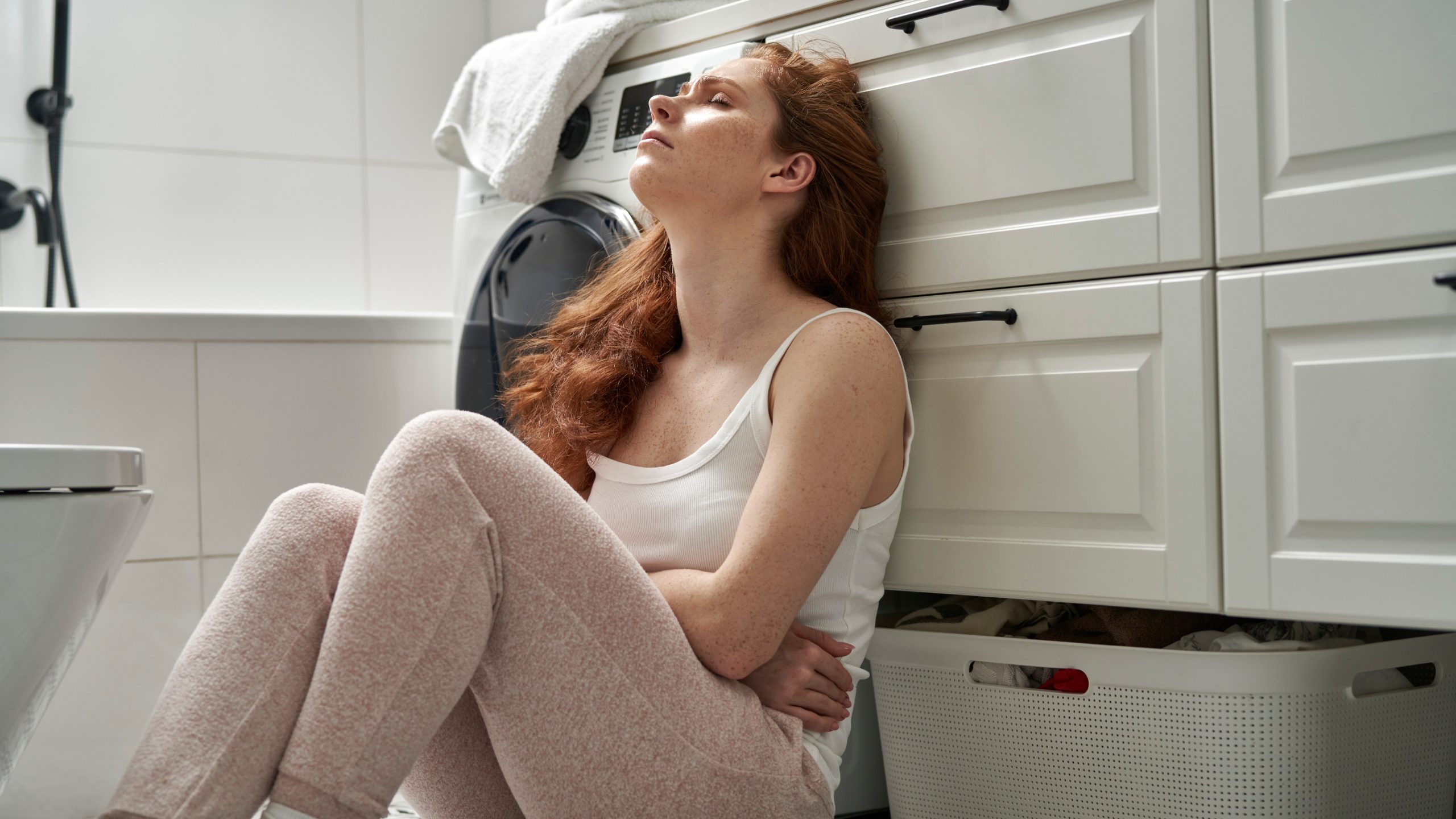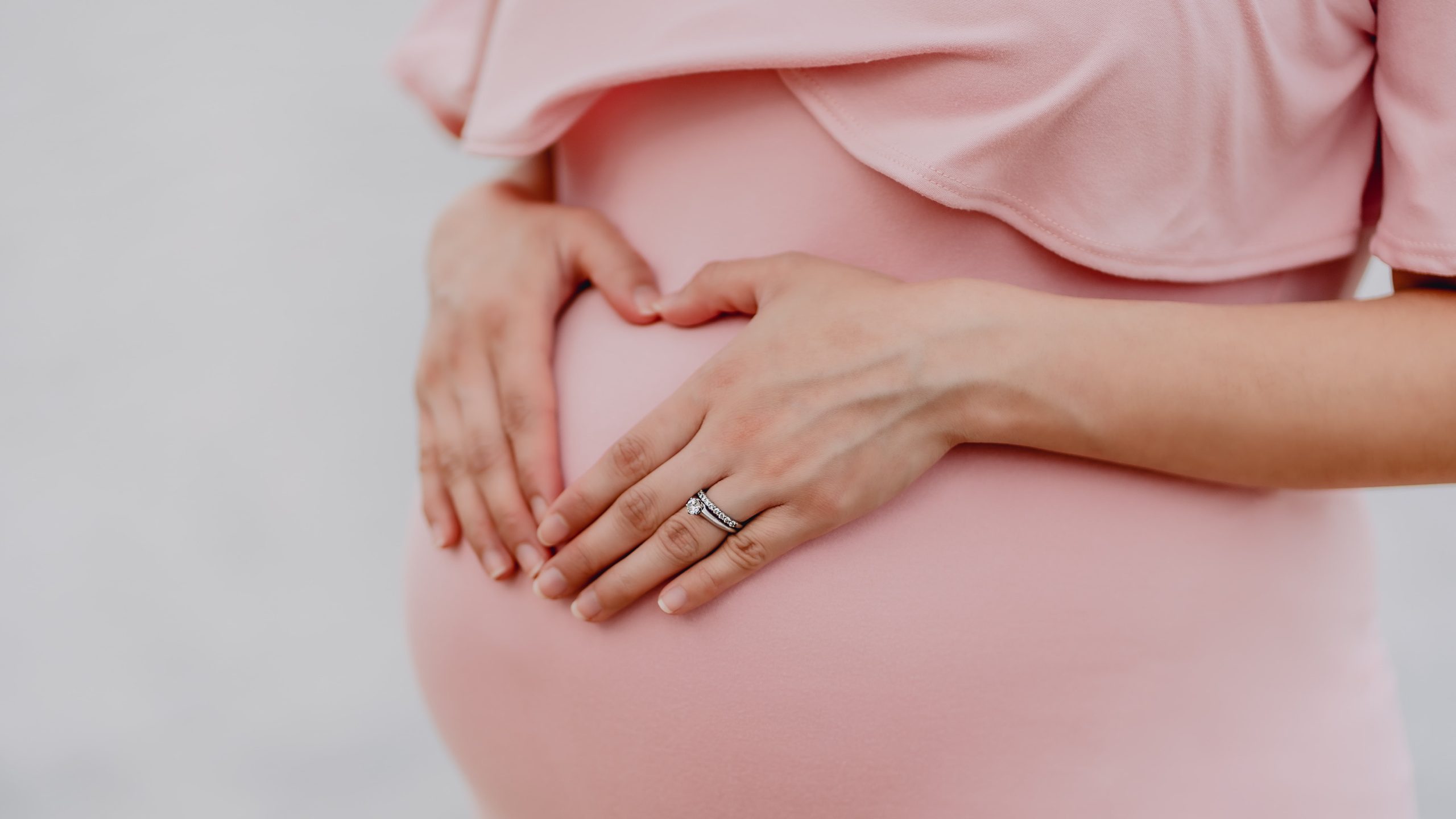The range of symptoms of uterine fibroids is unfortunately quite broad. And yes, even though it is one of the lesser-known annoyances on the list, digestive problems can definitely be caused by fibroids.
Constipation
Because the uterus is located directly in front of the distal end (last section) of the colon which controls bowel movements, when a fibroid comes between the uterus and colon, something needs to give. The colon becomes compressed. A subserosal fibroid grows outward from the uterine surface, potentially crowding the lower intestines, making the passage of fecal material difficult.
A secondary cause of constipation, also caused by fibroids however indirectly, stems from heavy menstrual bleeding, a better-known symptom of fibroids. This bleeding can be caused by pressure against the uterus, an inability of the uterus to contract properly, elevated hormone levels and even by extra blood vessels that can grow due to stimulation by the fibroids, themselves. A woman who has experienced heavy bleeding for a number of months can become anemic and her doctor will generally instruct her to begin taking iron supplements. Taking a supplement is not in any way optional, however one unfortunate side effect is their tendency to cause constipation. This particular issue can usually be solved through a trial-and-error process, determining which particular iron product causes the least amount of gastric disturbance.
One last tip in handling issues of constipation is to be sure to eat plenty of fiber-rich foods on a daily basis, including a variety of fruits and vegetables, legumes and whole grains. Taking laxatives on a regular basis is not advised, as it can be harmful. In any case a healthy, fiber-rich diet helps ease the process of elimination of bodily waste, and less strain to produce a bowel movement means less chances to develop uncomfortable hemorrhoids.
Bladder issues
As mentioned above, fibroids take up room that was never allotted them within the abdominal cavity. They are invaders on the space planning stage in that area of the body and as such, they push organs that do have space to the side. Left untreated, some fibroids may reach extraordinary sizes. It is not unusual for a woman with fibroids to reach a size similar to that were she carrying a second trimester pregnancy. This can put pressure on the bladder, making it more difficult to fully empty, thereby causing frequent visits to the bathroom.
Some women find it difficult to handle frequent trips to the toilet and over time, develop issues of incontinence. Practicing kegel exercises on a regular basis strengthens muscles in the pelvic floor and this can help lessen issues of urinary incontinence.
Eating healthful, fiber-rich foods, choosing iron supplements carefully and doing kegels regularly can help in stopping – or at least lessening — digestive tract issues. Still, it’s always best to keep up regular visits to a gynecologist you trust to monitor your fibroid situation and see if any further treatment is warranted. We women have enough running to do in our daily lives without adding running to the toilet to our to-do lists. Feel better!



























